

Thursday, May 4 | 14:00 – 14:15 am | Auditorium
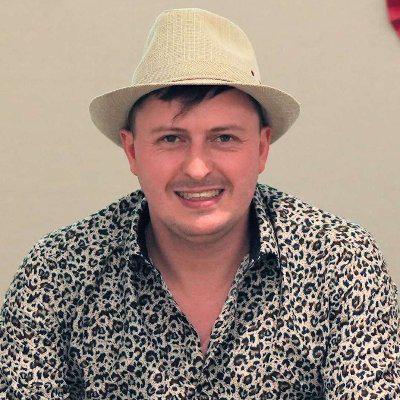
VitaDAO is part of the Decentralized Science movement, a movement which utilizes the Blockchain to democratize and improve processes that currently slow down the scientific process. The goal of Decentralized science is shifting the power away from centralized entities such as big publishers and omnipotent funding agencies towards the community of scientists and rewarding them fairly in a transparent manner, while accelerating progress in the sciences.
This presentation will cover what Decentralized Science is and how it currently is being used to fund Longevity Research.
Thursday, May 4 | 16:30 – 16:50 am | Auditorium
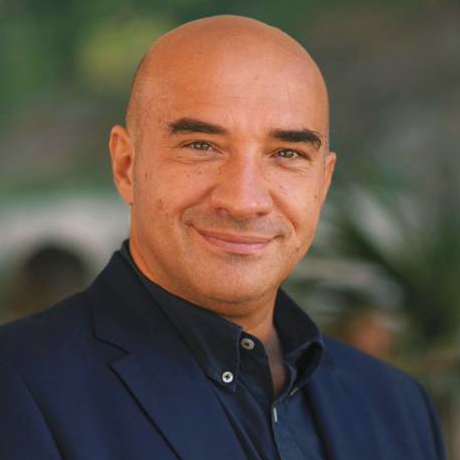
The majority of proteins that evolved after appearance of multicellular life are glycosylated and glycans significantly affect structure and function of these proteins. However, due to structural complexity of glycans and the absence of a direct genetic template, the analysis of protein glycosylation is much more complicated than the analysis of DNA or proteins. Consequently, the knowledge about the importance of individual variation in glycans for both normal physiological processes and diseases is still limited. By generating glycomic data for over 150,000 individuals from some of the best characterized clinical and epidemiological cohorts we enabled glycomics to meet other ‘omics. Changes in glycosylation have been observed in numerous diseases, often even before other symptoms of a disease appeared, indicating that they may reflect early steps in the molecular pathophysiology of many complex diseases. Glycans are not only biomarkers, but also functional effectors that modulate protein function and initial data from intervention studies and animal models suggest that reversing changes in glycosylation may decrease the disease risk.
Thursday, May 4 | 17:10 – 17:30 pm | Auditorium
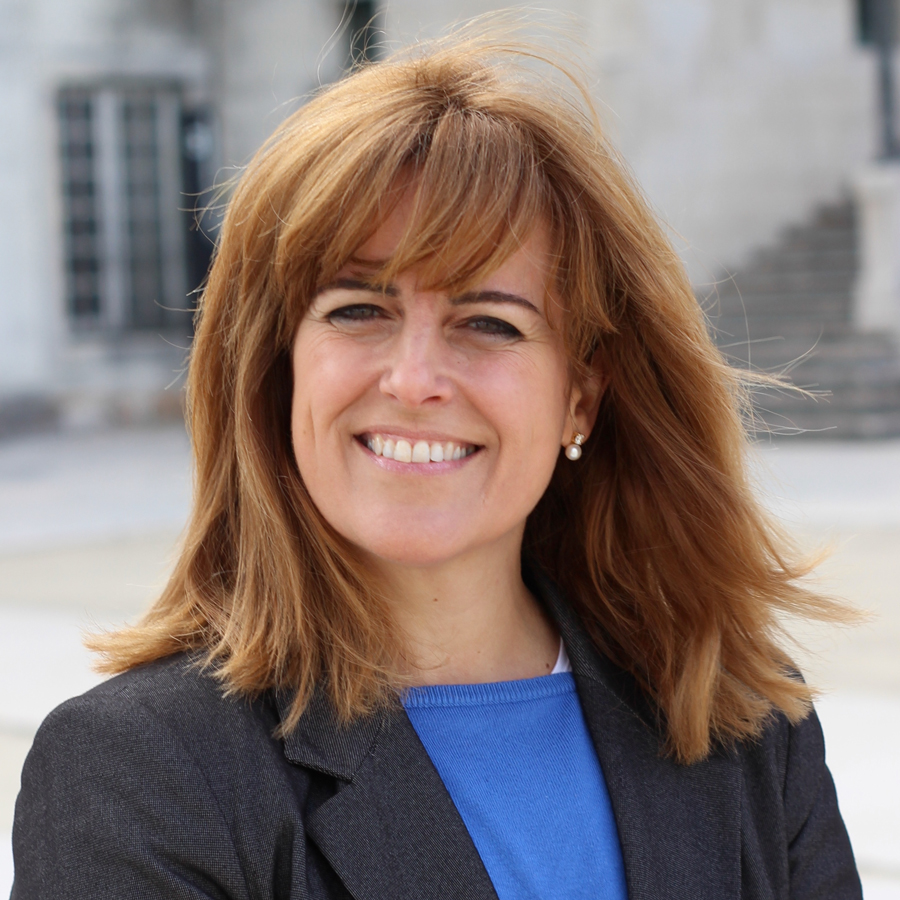
Thursday, May 4 | 17:30 pm | Auditorium
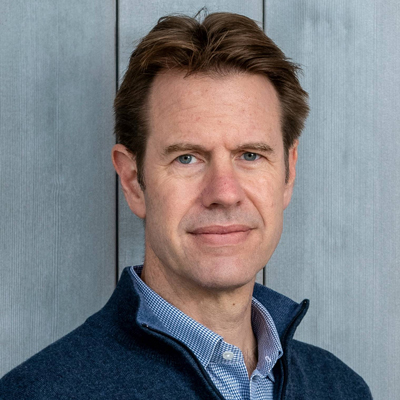
Thursday, May 4 | 17:50 pm | Auditorium
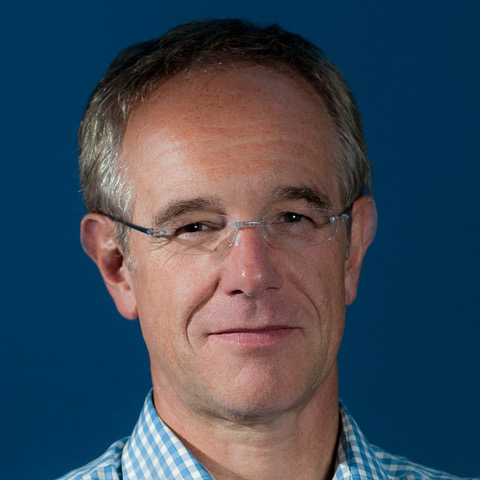
I will review recente progress in the study of the aging immune system with a focus on senescence and epigenetic regulation.
Friday, May 5 | 10:50 – 11:10 am | Auditorium
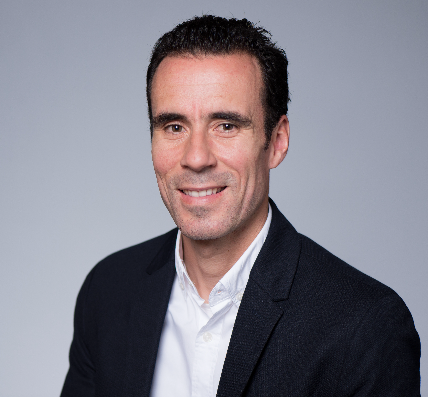
In vivo reprogramming has recently emerged as one of the most promising strategies for targeting aging, attracting great interest from both academic and private sectors. Nevertheless, despite its great potential, significant translational barriers such as safety and gene delivery will need to be overcome for the clinical application of reprogramming to humans. In this line, we have recently demonstrated that hepatic and intestinal failure lead to high mortality upon continuous induction of in vivo reprogramming. In addition, we have generated novel mouse strains that avoid the reprogramming of these organs allowing for more extensive in vivo reprogramming protocols. Lastly, we have shown that improvement of age-associate phenotypes and lifespan extension can be achieved by chemical induced partial reprogramming using small molecules, opening a path towards future clinical applications of cellular reprogramming.
Friday, May 5 | 11:10 – 11:30 am | Auditorium
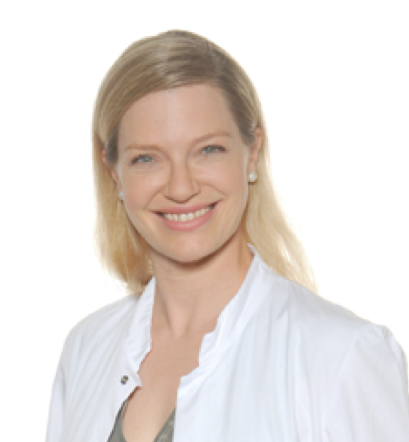
Over the past 150 years, progress in medical care has allowed us to live longer but not necessarily healthier lives, opening a gap between lifespan (the total number of years we live) and healthspan (the years we live in good health). We’re now facing an ever-increasing problem of an ageing population that comes with both social and economic implications. Closing the gap between life expectancy and disease-free years should therefore be of utmost priority. Advancements in longevity research have skyrocketed over the past couple of decades, culminating in the elucidation of common molecular mechanisms of ageing that could now be used to develop safe and effective interventions aimed at extending healthspan. Thus, one of the major challenges that lies ahead is to translate this scientific innovation into products and services available to the wider public. Here we discuss the challenges of bringing science innovation to the market and why strategic investments in this sector have the potential to not only allow ageing populations to live healthier and more active lives but also provide a systemic relief from the economic burden associated with an ageing population.
Thursday, May 5 | 11:50 – 12:10 am | Auditorium
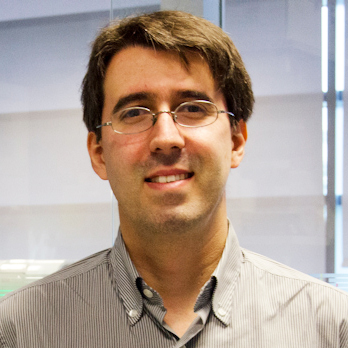
Age-related conditions are the leading causes of death and healthcare costs. Retarding the ageing process would have enormous medical and financial benefits. A large number of genes and drugs extending lifespan in model organisms already exist, yet given long validation times, only a small fraction of them can be explored for humans clinical applications. Therefore, prioritizing drugs and gene targets is imperative. In this talk, I will present big data and machine learning approaches for predicting longevity genes and compounds, which we validated experimentally. I will also present integrative, multi-dimensional approaches that provide insights into longevity pathways and their role in age-related diseases. Overall, our data-driven approaches allow us to identify and prioritize further compounds with potential healthy longevity properties.
Friday, May 5 | 12:10 – 12:30 am | Auditorium
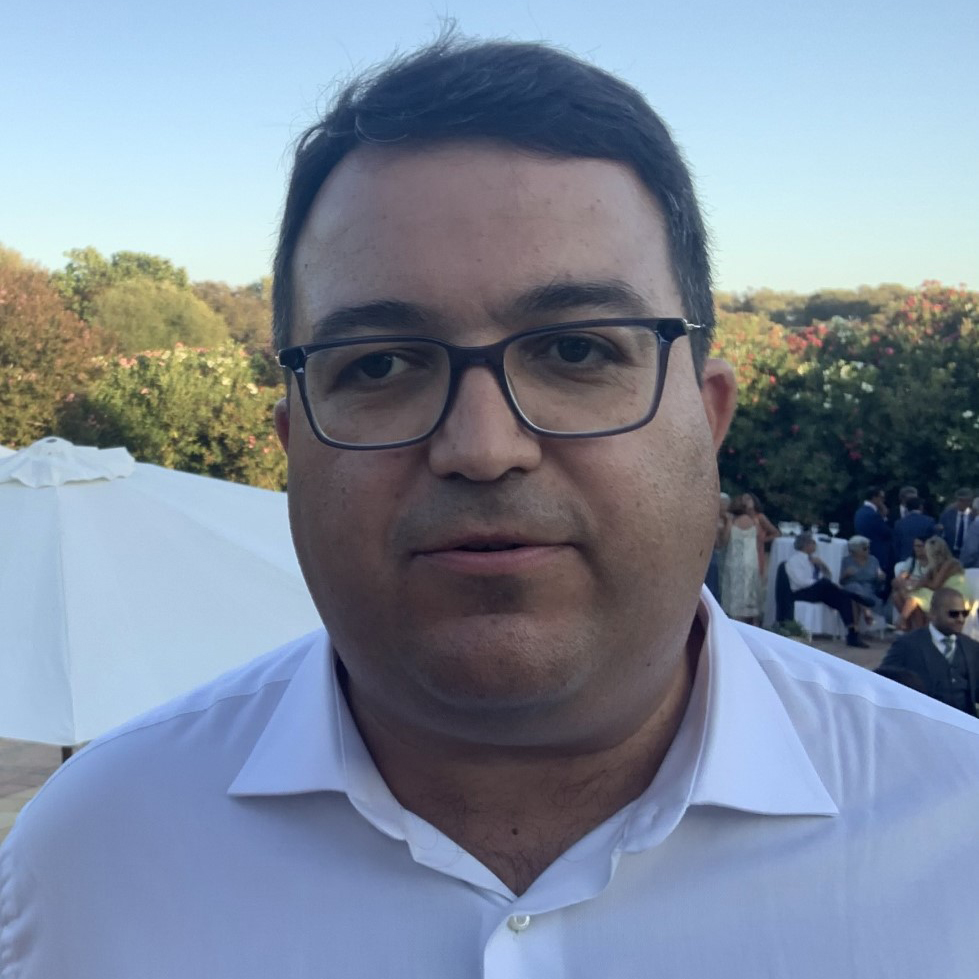
In this conference I will share the findings of my laboratory that explore and explain the communication between organelles within the cells, giving an overall picture of the physiology and opportunities to promote healthy longevity and its relevance to tackle age-related pathology.
Thursday, May 5 | 12:30 – 12:50 am | Auditorium
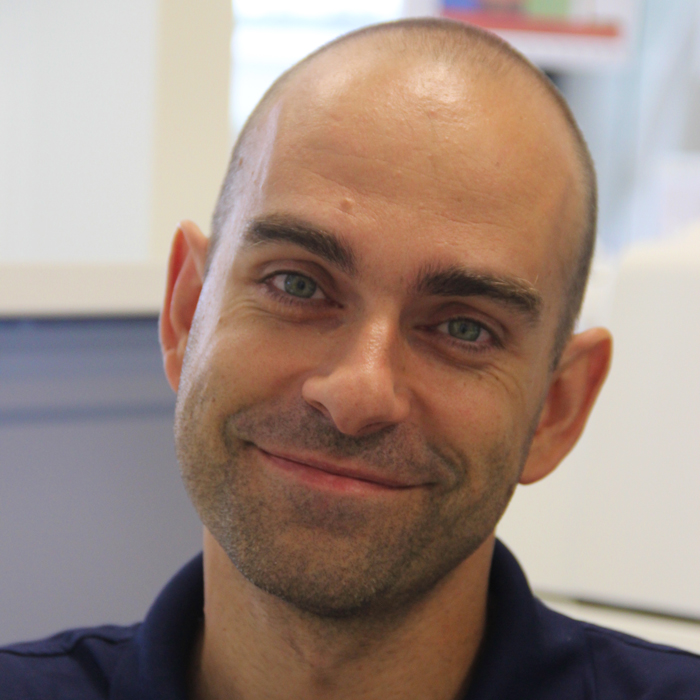
The natural process of aging is accompanied by an increased incidence of chronic and acute diseases. Several key time-points in human life can determine the rates of tissue aging, directly impacting the pathophysiology of different diseases. This talk will highlight our research on in utero programming of human aging rates and impact on the development of different diseases, as well as highlight the critical role of mitochondria as one important regulator of the aging process and target for interventions to delay its related complications.
Friday, May 5 | 12:50 – 13:10 am | Auditorium
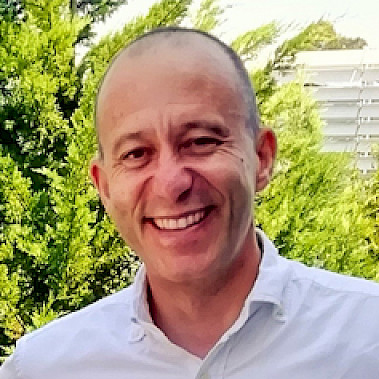
Friday, May 5 | 14:30 – 14:50 am | Auditorium
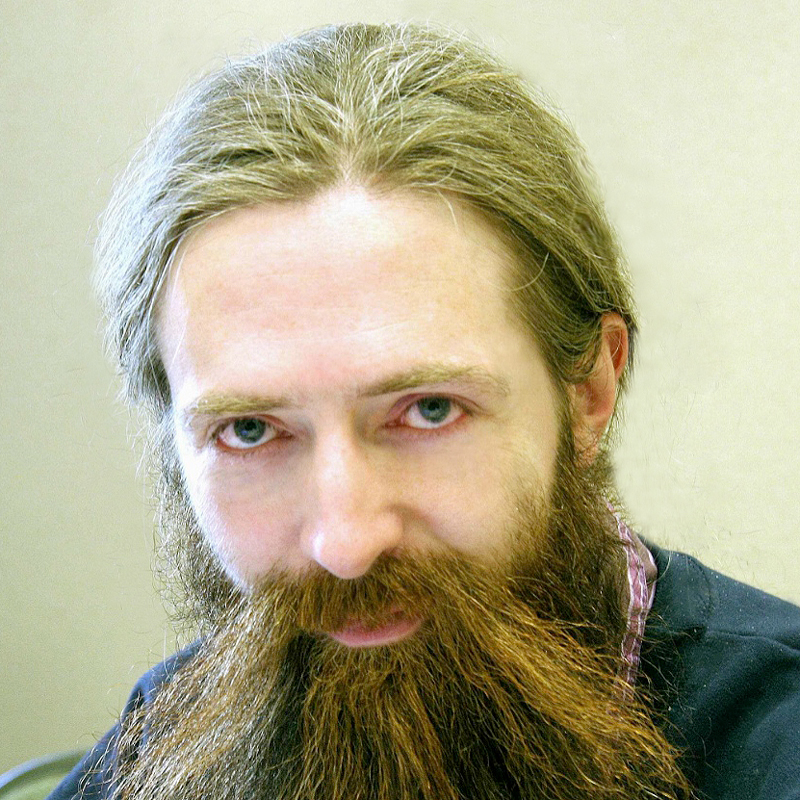
Friday, May 5 | 14:50 – 15:10 am | Auditorium
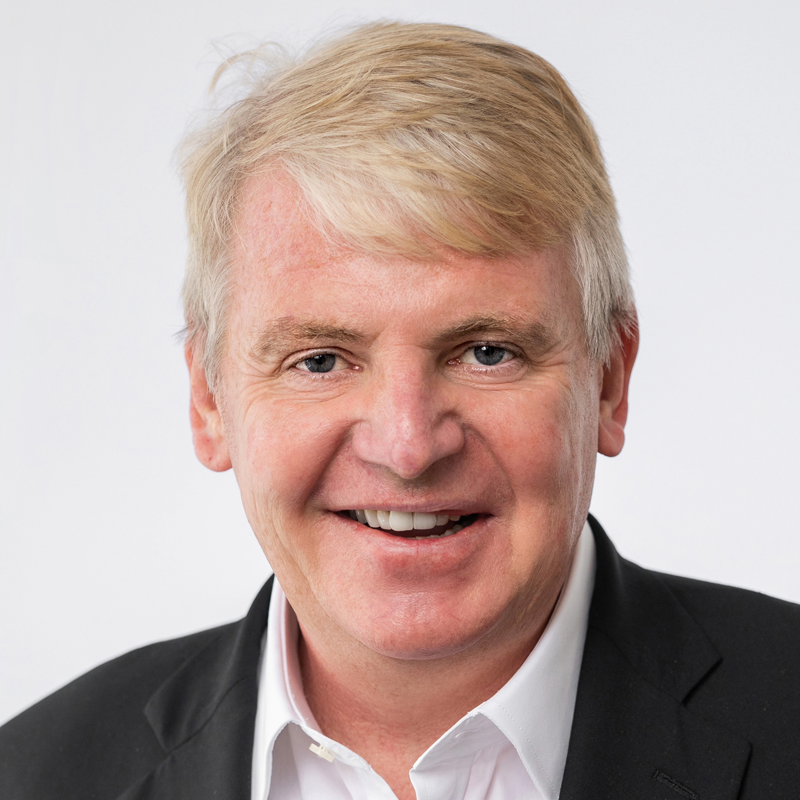
An examination of how the industry is evolving, its challenges and public perceptions.
Sign up to receive the Longevity Med Summit
updates and more
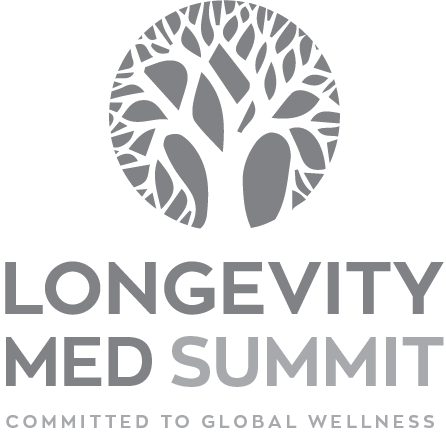
Youtube
Summit At A Glance
Pre-Summit Workshop Day